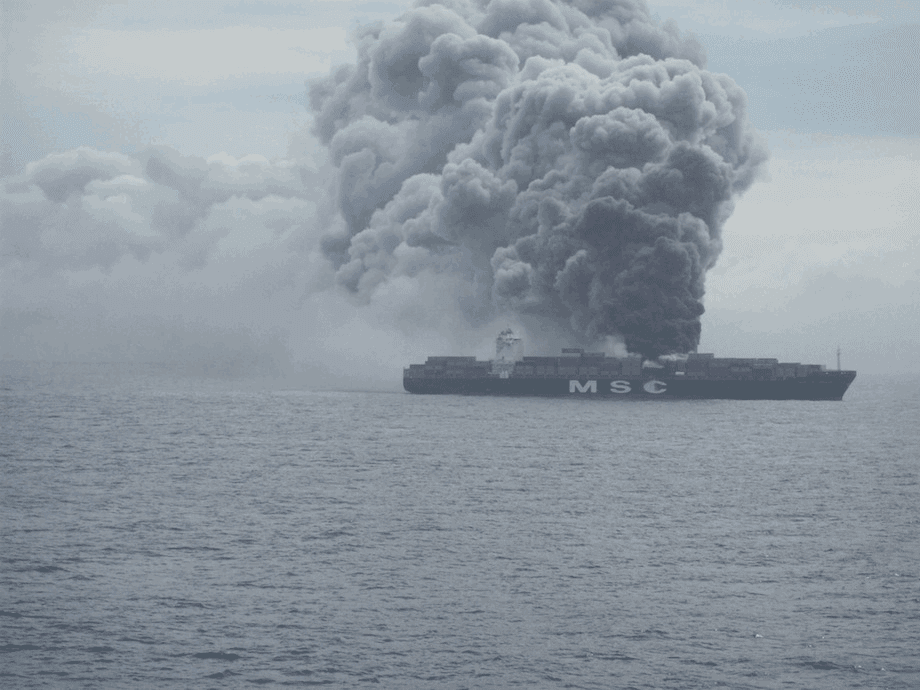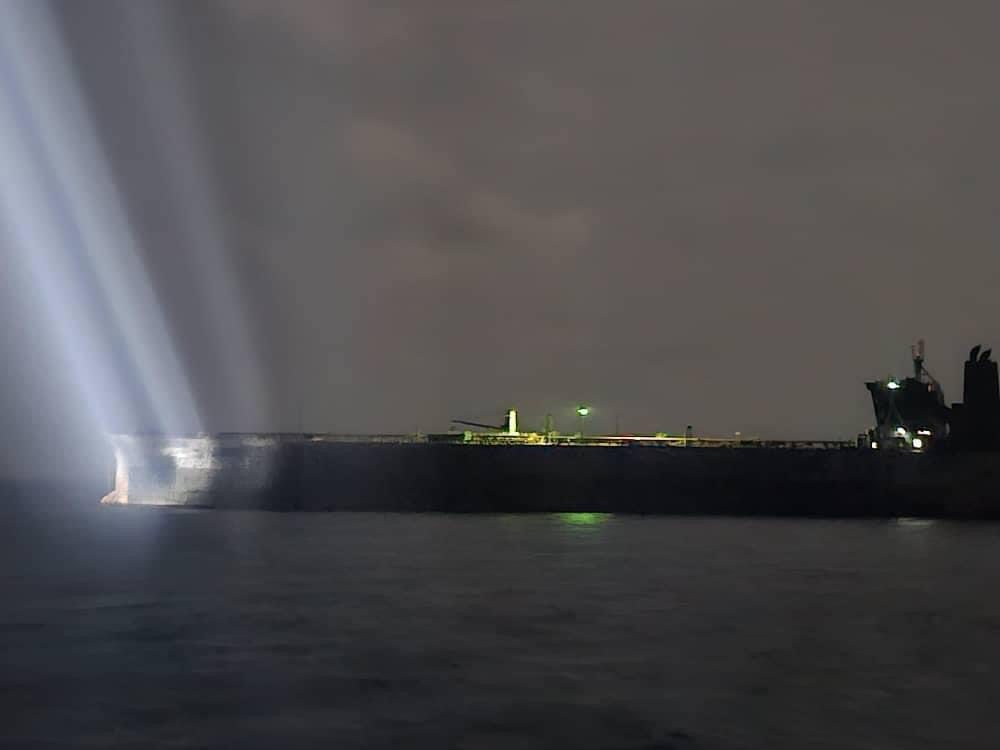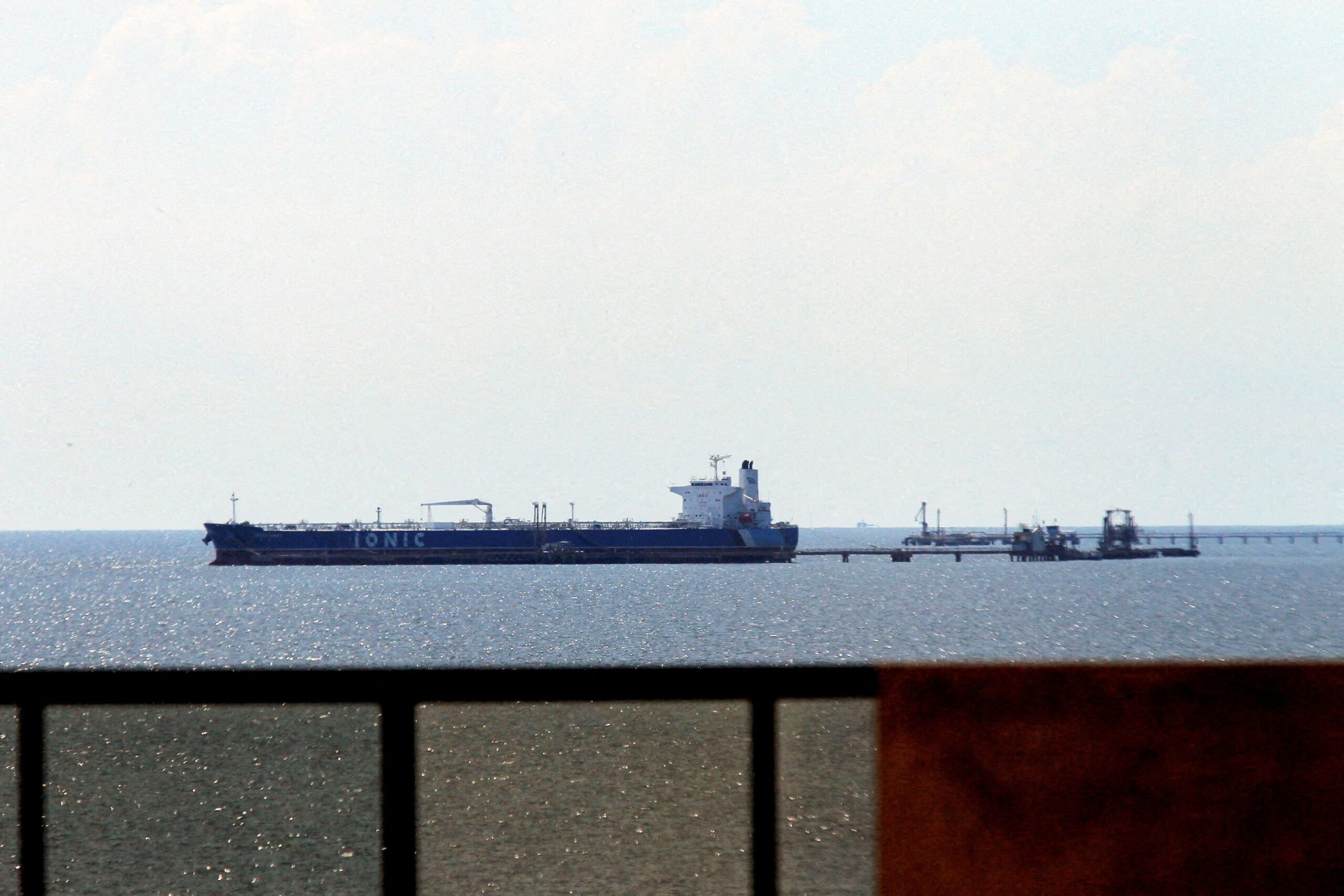The Cargo Integrity Group, an industry collective dedicated to improving safety in the global supply chain, has identified fifteen specific goods commonly transported in containers that can pose serious threats if not handled correctly.
The organization’s primary goal is to promote safe packing and shipping practices. One of the ways they intend to do this is by increasing awareness about certain types of goods that can compromise safety in the container supply chain under specific conditions.
The identified ‘Cargoes of Concern’ are typically safe for transport when proper regulations and guidelines are observed. However, they can become hazardous under certain conditions, especially if mishandled or mis-declared. Goods with incomplete or incorrect information are more likely to be involved in dangerous incidents.
The Group has categorized these commodities into three types of hazards: Reactive Hazards, Spill or Leak Risks, and Improper Packing Consequences. Some examples include charcoal, calcium hypochlorite, lithium-ion batteries, hides, wines, bitumen, and logs.
The Cargo Integrity Group will be releasing further guidance on the identification and safe handling of these goods in the upcoming months. Their risk assessment is based on data from various sources, such as the claims history of leading freight insurance provider, TT Club; a report from ICHCA submitted to the IMO on incidents involving dangerous goods on ships or in ports; and data from CINS on incidents involving dangerous cargo.
Peregrine Storrs-Fox, Risk Management Director, TT Club, noted that the combined experience of their organizations has enabled them to identify categories and pinpoint commodities where risks may not be immediately apparent. “While the potential dangers of transporting, for example, calcium hypochlorite or lithium-ion batteries might be more widely appreciated, the combustible qualities of seed cake or the hazards associated with cocoa butter or vegetable oils, will be less well-known,” he said.
The Cargo Integrity Group also encourages the use of the IMO/ILO/UNECE Code of Practice for Packing of Cargo Transport Units – the CTU Code, and has developed a ‘Quick Guide’ to the CTU Code, along with a Checklist of actions and responsibilities for those packing cargoes in freight containers.
“Every actor in the global container supply chain is responsible for the health and safety of not only their own people, but also of those at any onward stage of the container’s journey,” said Lars Kjaer, Senior Vice President, World Shipping Council. “Complying with regulations and following the advice in the CTU Code saves lives, and we appeal to everyone shipping, packing and handling commodities that fall within the categories of these Cargoes of Concern to be particularly diligent.”
The full list of “Cargoes of Concern” is included below:
Reactive Hazards:
- Charcoal / carbon
- Calcium Hypochlorite
- Lithium-ion batteries
- Cotton and wool
- Fishmeal and krill
- Seed cake
Spill or Leak Risks:
- Hides and skins
- Wine
- Bitumen
- Cocoa butter
- Waste – recycled engines and engine parts
- Vegetable and other oils, particularly when packed in flexitanks
Improper Packing Consequences:
- Logs and timber
- Steel coils
- Marble and granite

 Join The Club
Join The Club











